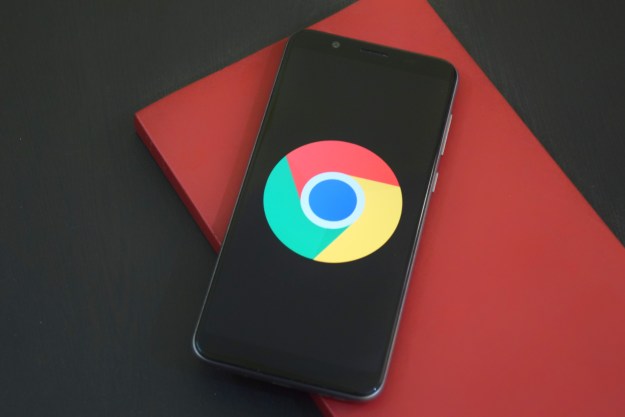One of the key complaints about what has prevented traditional PC users from switching to Chrome OS has been the absence of desktop apps. Google wants to fix that in order to shape Chromebooks as a more viable option for enterprises that especially rely on legacy apps. In partnership with virtualization software maker, Parallels, Google has announced it’s bringing support for proper Windows apps, including Microsoft Office, to Chrome OS.
In a blog post discussing the remote future of workforces, John Solomon, vice president of the Chrome OS division, said that Google is now working with Parallels to “add legacy application support — which includes Microsoft Office desktop apps— to Chromebooks.”
“We’ve long been saying that almost any business role can be a cloud worker, and COVID-19 has dramatically made this point. As a result, the Chrome OS team is working on new ways to make sure every company can benefit from the velocity created by supporting a cloud workforce,” Solomon added.
While Google didn’t comment on the feature’s timeline, Solomon said there’s “more to come on this over the coming months.” It also didn’t offer any demos or comment on what the end result would look like.
While Chrome OS users always had the clumsy option to run Windows desktop apps by streaming them through a Parallels Remote Application Server, this new update means they’ll be able to install them locally in a virtual environment.
Computing jargon aside, the bottom line is that Chromebooks will soon be better equipped to serve enterprise users who still actively depend on full-fledged desktop software. However, this likely will be restricted to productivity software and not resource-intensive apps such as Steam or Adobe Premiere Pro since they won’t be technically running natively as Android or Linux apps.
Unfortunately, at least initially, Parallels support will remain exclusive to commercial Chromebooks users and won’t be available for everyone. We’ve reached out to Google for more information and we will update the story when we hear back.
Over the last two years, Google has dramatically expanded what users can do on a Chromebook. In addition to Android apps, Chrome OS users can run Linux software including the programming platform,
Editors' Recommendations
- 5 web browsers you should use instead of Google Chrome or Edge
- Google’s Incognito Mode is in trouble
- Google may build Gemini AI directly into Chrome
- A huge barrier just fell for Windows on Arm
- Google brings AI to every text field on the internet




